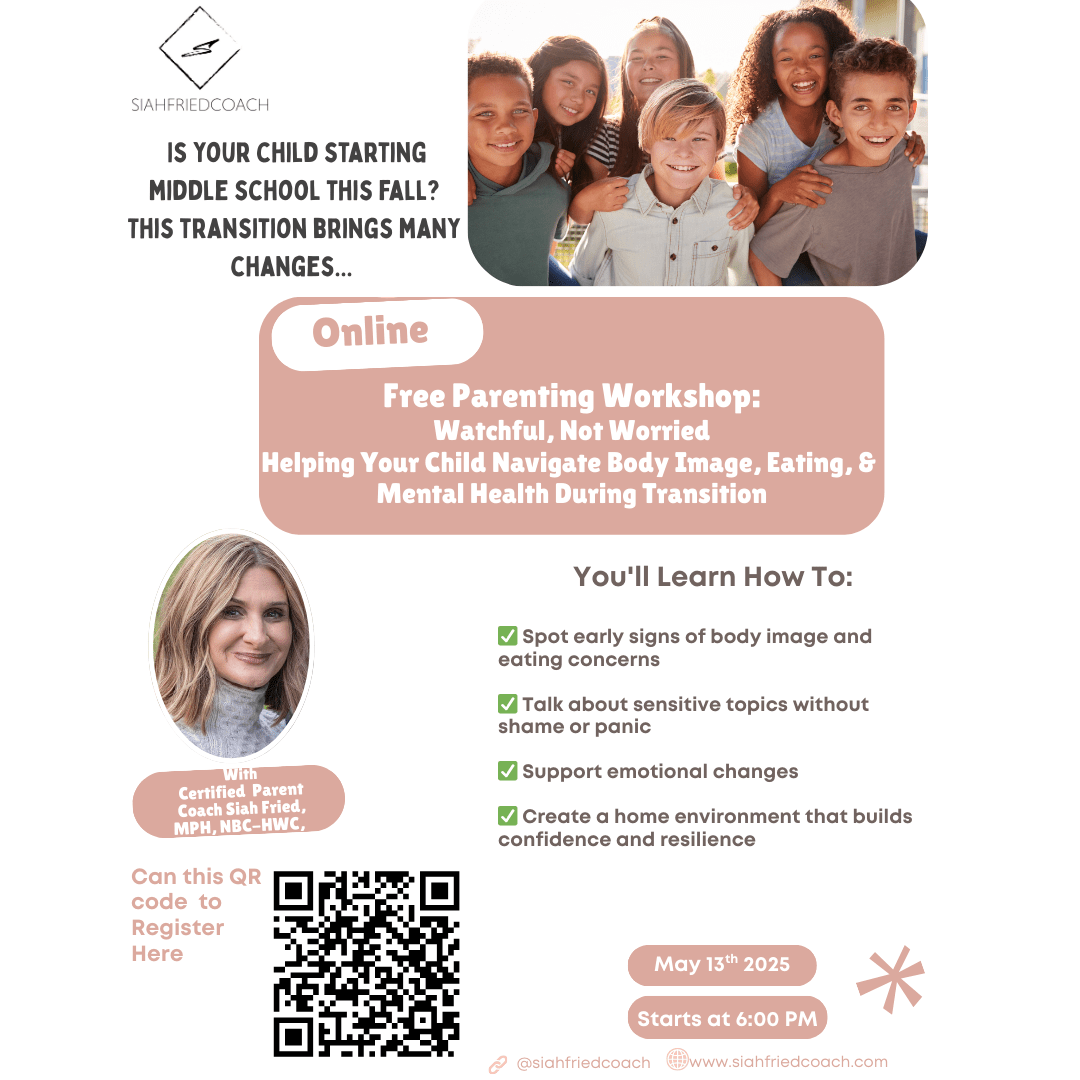Explore the effects of helicopter parenting on youth and learn strategies to support children’s growth through natural consequences. Discover the Jai Institute’s frameworks, ANCHOR and HARBOR, which highlight how to become a safe harbor for your child, fostering resilience and independence while maintaining a supportive presence without the need to micromanage your children.
Meta search refers to a system that queries multiple search engines or databases simultaneously to aggregate and present results from various sources. It acts as an intermediary, allowing users to access a wide range of information efficiently without having to visit each search engine individually. This approach enhances the search experience by providing comprehensive results, often highlighting unique or diverse perspectives that a single search engine might miss.




